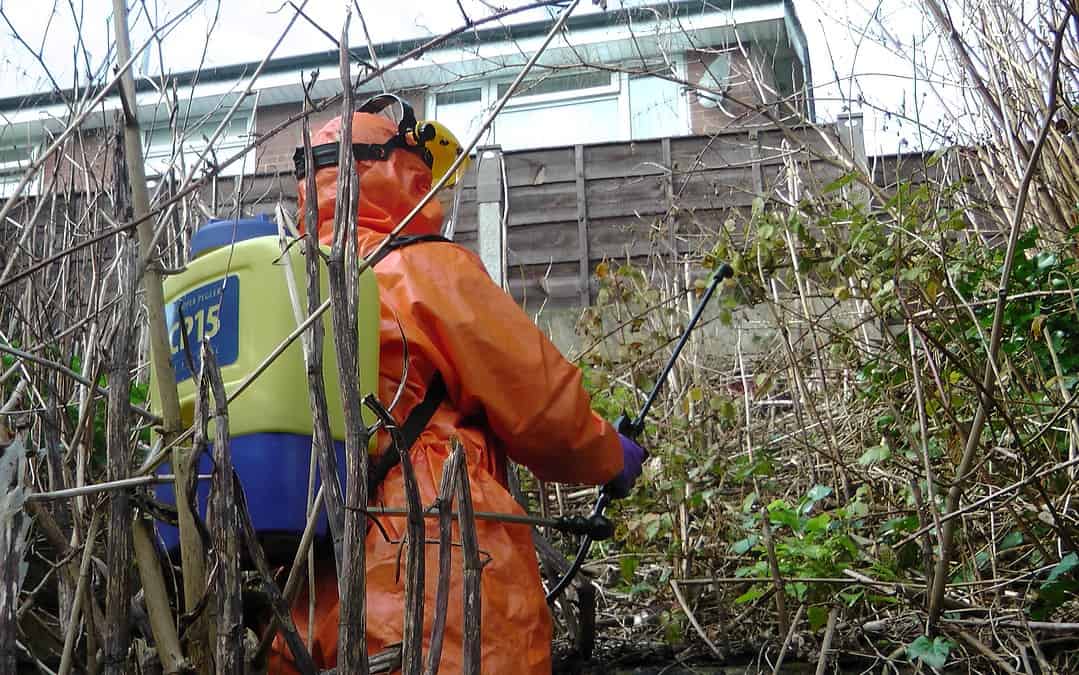Will the council help with Japanese knotweed?
The level of assistance provided by local councils for Japanese knotweed (Fallopia japonica) can vary. This can depend on the location and the policies of the council. In general, local councils are responsible for managing and controlling Japanese knotweed on public land. Also in public areas, such as parks, pavements, and road verges, but they may not have a duty to treat Japanese knotweed on private land. Unless it has spread from council-owned land. I Get asked Will the council help with Japanese knotweed? 2023
However, in some cases, the local council may be willing to assist with Japanese knotweed. They may provide you with information and advice on how to manage and control the plant. They may offer a treatment service to council residents.
It’s worth checking with your local council to see what assistance they can provide.
In the UK,
Some local authorities may have a legal duty to take action against the invasive species. Under the Anti-social Behaviour, Crime and Policing Act 2014, they can take action to remove it from a property if it poses a risk to nearby properties.
In any case, it’s important to remember that the control and management of Japanese knotweed is the responsibility of the landowner.
In general, local councils do not have a legal obligation to deal with Japanese knotweed on a neighbour’s land. However, if the knotweed is causing a nuisance or posing a threat to public safety, the council may have the authority to take action under various laws and regulations.
Encroaching onto council-owned
If the knotweed is encroaching onto council-owned land or is causing damage to public infrastructure such as roads or buildings, the council may be able to take action to remove the plant and recover the costs from the neighbor.
If the knotweed is on private land but is causing a nuisance to nearby properties, affected individuals can take legal action against the neighbour to compel them to address the problem. This may involve seeking an injunction or damages in court.
If a local council decides to take action against Japanese knotweed on a neighbor’s land, they will usually send a letter to the property owner notifying them of the problem and requesting that they take appropriate measures to address it. This letter may include information on the potential risks and impacts of knotweed, as well as advice on how to effectively control and manage the plant.
Fail to take action
If the property owner fails to take action or the council determines that the knotweed is posing a significant threat to public safety or property values, they may take further action, such as issuing a legal notice or even seeking a court order to compel the owner to take action.
However, it’s important to note that each council may have different policies and procedures regarding how they handle cases of Japanese knotweed, so it’s best to check with your local council to determine their specific approach.
